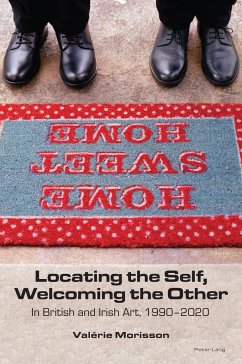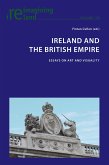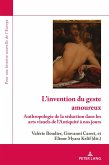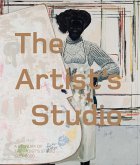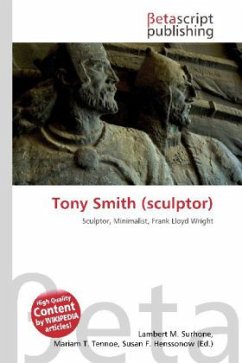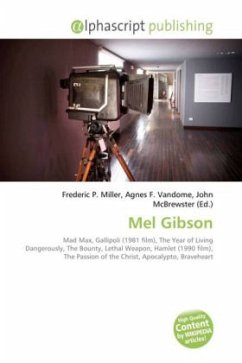This volume addresses how spatialized identities, belongingness and hospitality are interrogated in British and Irish contemporary art (painting, installation, video, photography, new public art) at a time when economic and political crises tend to encourage individual or exclusive usages of space. It sketches a cartography of encounters encompassing the home, the neighbourhood, the village or city, and the nation. Artists interrogate how intimacy is both facilitated and threatened by spatial devices, how space fashions our perception of gender, social or ethnic identity and activates power relations. They explore the need for a home or a homeland and the various forms exile or placelessness can take. They may also take part in the restoration of the Commons and the constitution of alternative communities. Whether the analyses focus on the private sphere (in urban, suburban or rural contexts), or on shared communal spaces, they ponder the mechanisms of inclusion and exclusionat work in human encounters and shed light on how artistic apparatuses make the tensions between openness to the other and rejection or withdrawal perceptible. The approach, borrowing from art history as well as anthropology, lays emphasis on context, situationality and field work; it proposes to repoliticize relational art and concludes on the dialogical positionality which lies at the core of art.
Bitte wählen Sie Ihr Anliegen aus.
Rechnungen
Retourenschein anfordern
Bestellstatus
Storno

